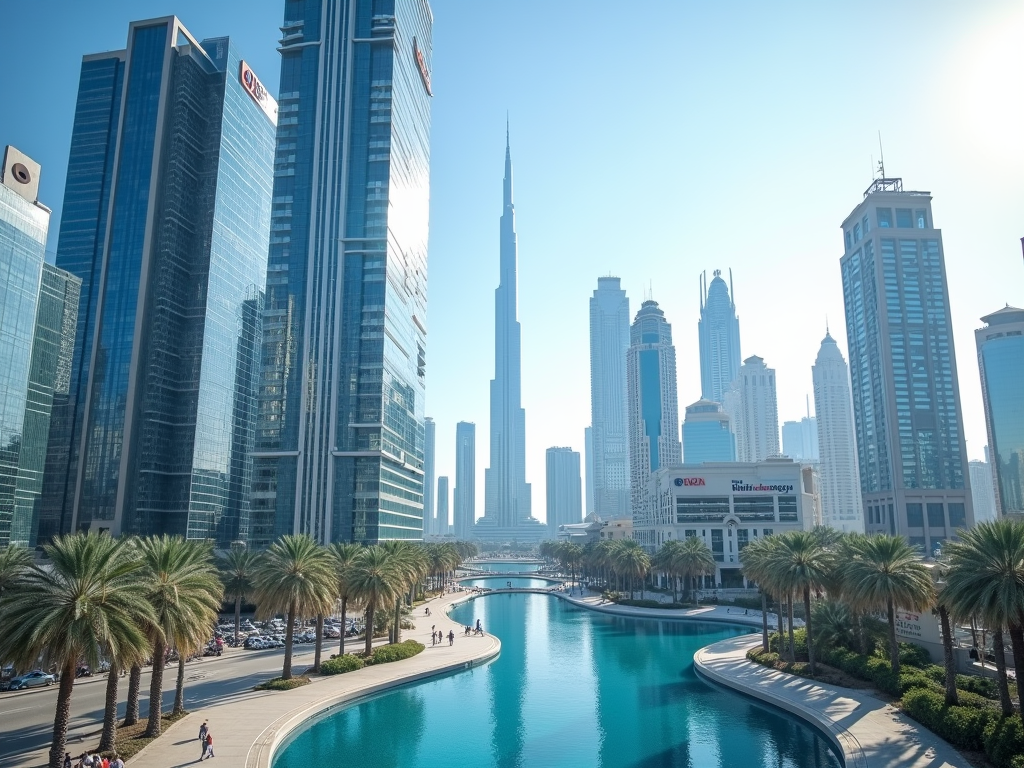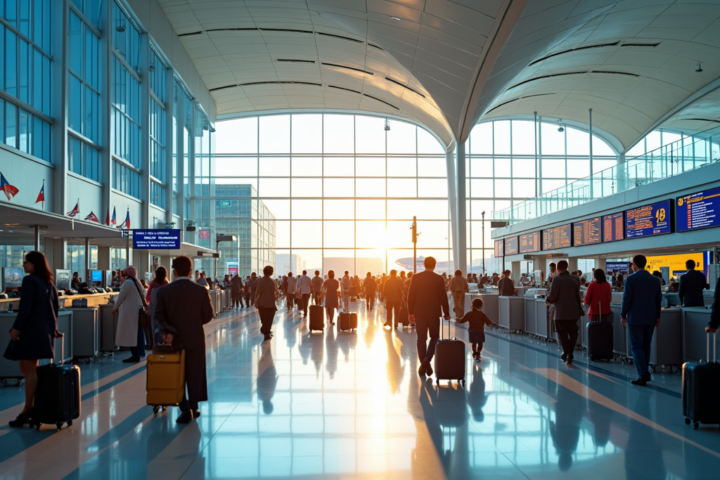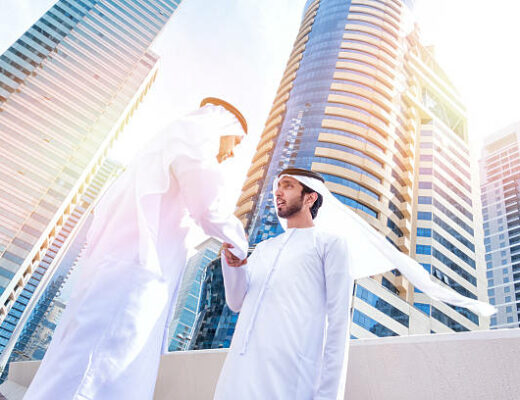Dubai’s robust infrastructure plays a crucial role in attracting international business, establishing the city as a major global hub for trade, finance, and tourism. From state-of-the-art transportation systems to advanced telecommunications networks, Dubai has strategically developed its infrastructure to support economic growth and facilitate international commerce. This article will explore the various facets of Dubai’s infrastructure that contribute to its appeal among global investors and businesses, highlighting key elements such as the transportation network, business-friendly regulations, and the innovative technological ecosystem.
The Transportation Network

One of Dubai’s standout features is its comprehensive transportation network, which encompasses an array of options designed to facilitate ease of movement for people and goods. The seamless connectivity provided by this network significantly enhances the city’s attractiveness for international businesses. Key components of Dubai’s transportation infrastructure include:
- Dubai International Airport (DXB): As one of the world’s busiest airports by international passenger traffic, DXB connects Dubai to over 240 destinations, making it a key gateway for global trade.
- Dubai Metro: This driverless urban rail system plays a vital role in reducing traffic congestion and provides a reliable means of transport for residents and visitors alike.
- Port of Jebel Ali: Recognized as the largest man-made harbor in the world, Jebel Ali caters to a significant volume of trade, further bolstering Dubai’s role in global commerce.
- Road Infrastructure: An extensive network of highways and roads ensures efficient transportation within the city and to neighboring emirates, facilitating business operations across the region.
Business-Friendly Regulations

In addition to its transportation prowess, Dubai has established a business-friendly regulatory environment that encourages foreign investment. The government has implemented a series of initiatives to streamline the process for international businesses to set up operations. Key aspects of these regulations include:
- 100% Foreign Ownership: Many sectors allow complete foreign ownership of businesses, incentivizing international entrepreneurs to invest in Dubai.
- No Personal Income Tax: The absence of personal income tax makes Dubai a financially attractive choice for expatriates and international business leaders.
- Free Zones: Dubai has established numerous free zones where businesses can operate with minimal restrictions and benefit from tax exemptions, further enhancing the city’s investment appeal.
- Efficient Licensing Procedures: The Dubai government has simplified licensing processes, reducing bureaucratic delays and allowing businesses to start operations quickly.
Technological Ecosystem
Dubai’s commitment to innovation has fostered a thriving technological ecosystem that supports businesses and entrepreneurs. By investing in cutting-edge technologies, the city has positioned itself as a frontrunner in the digital landscape. The key components of this ecosystem include:
- Smart City Initiatives: Dubai aims to become a global smart city by 2021, leveraging technology to improve urban living and enhance the efficiency of public services.
- Tech Startups: Initiatives like Dubai Silicon Oasis provide infrastructure and support for tech startups, promoting innovation and entrepreneurship.
- Blockchain Technology: The government is actively integrating blockchain across various sectors, promising transparency and efficiency in business operations.
- Digital Connectivity: High-speed internet access is prevalent across Dubai, which is essential for businesses that rely on digital platforms for their operations.
Dubai’s infrastructure also enhances the overall quality of life for residents and expatriates, making it an appealing destination for skilled professionals. The high standard of living, world-class healthcare facilities, and educational institutions attract a diverse talent pool, essential for driving business success. This is complemented by:
- International Schools: With numerous international schools and universities, Dubai ensures that families can access quality education, making it easier for business professionals to relocate.
- Cultural and Recreational Facilities: From malls to parks, Dubai offers various leisure activities that contribute to a vibrant lifestyle for residents.
- Healthcare Services: Access to advanced healthcare services ensures that expatriates feel secure about their well-being while working in the city.
Conclusion
Dubai’s infrastructure is a cornerstone of its attractiveness to international businesses, encompassing a robust transportation network, favorable regulatory conditions, a thriving technological ecosystem, and a high quality of life. These elements work in harmony to create an environment conducive to investment and entrepreneurial activities. As Dubai continues to innovate and develop its infrastructure, it is well-positioned to maintain its status as a leading global business hub, drawing in talent and investments from around the world.
Frequently Asked Questions
- What is the primary airport serving Dubai?
Dubai International Airport (DXB) is the main airport, known for its extensive international connections. - Are there any taxes for businesses in Dubai?
Many businesses in Dubai benefit from favorable tax conditions, including no personal income tax and various tax exemptions in free zones. - How does Dubai support technology startups?
Dubai offers infrastructure like Dubai Silicon Oasis and various grants and programs to foster innovation and support tech startups. - What is Dubai’s vision for becoming a smart city?
Dubai aims to implement smart technology and enhance urban living, with ambitions to become a leader in urban innovation. - Is there a large expatriate community in Dubai?
Yes, Dubai is home to a vibrant expatriate community, with diverse cultural backgrounds contributing to the city’s dynamics.



